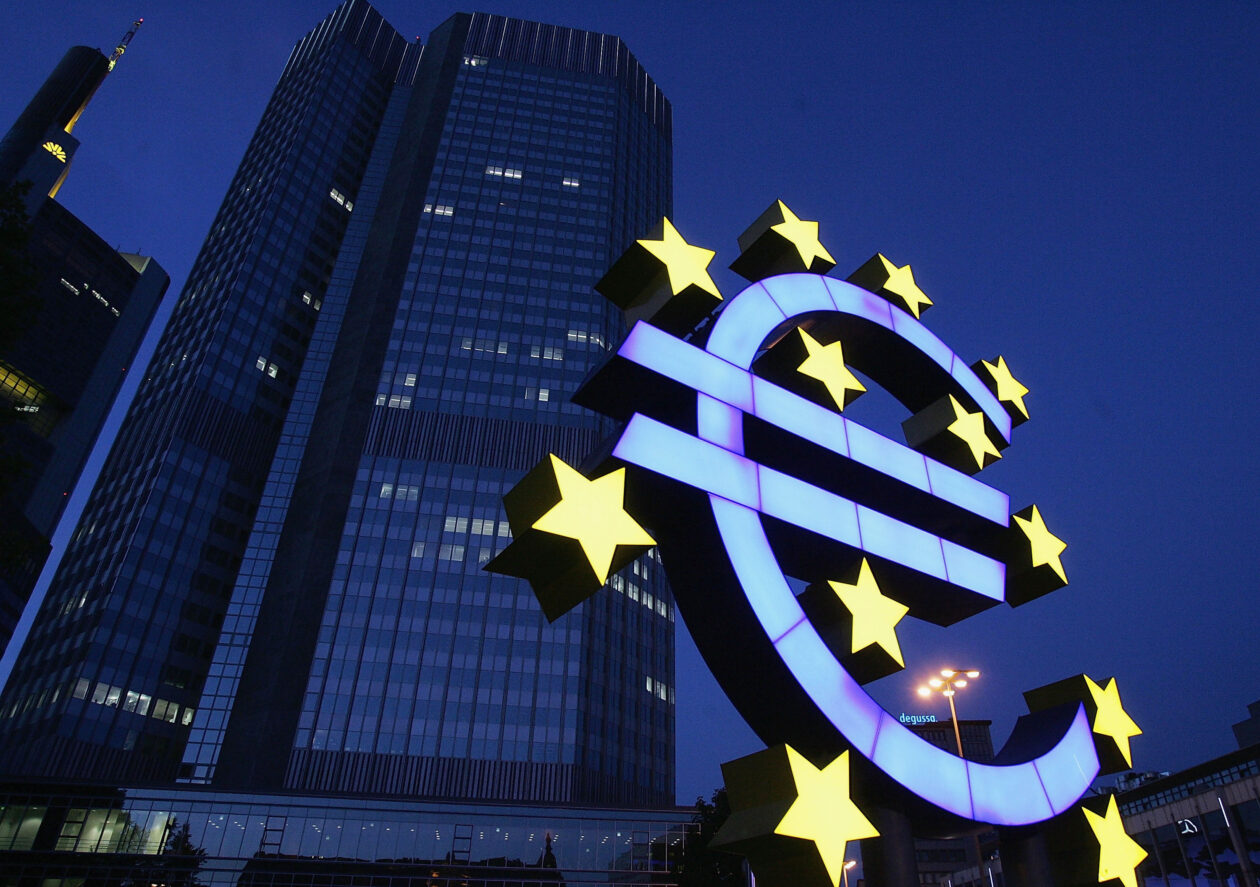The European Commission released two proposals on Wednesday, one for the digital euro, the European Central Bank’s (ECB) central bank digital currency (CBDC), and a legislative proposal to safeguard the role of cash. The digital euro bill establishes the legal framework for a possible CBDC, which would complement euro banknotes.
See related article: EU’s MiCA gets unanimous nod from European Council
Fast facts
- “Like cash today, the digital euro would be available alongside existing national and international private means of payment, such as cards or applications. It would work like a digital wallet. People and businesses could pay with the digital euro anytime and anywhere in the euro area,” European Commission said in a press release.
- The ECB said its CBDC would be available for both online and offline payments, with offline payments allowing users to make digital payments while disclosing less personal data than what’s currently required for card payments.
- The proposal would allow people without bank accounts to open digital euro accounts with a post office or other public entities, requiring merchants in the eurozone to accept the digital euro.
- While the proposal aims to set the legal framework for a digital euro, the commission said that it is up to the ECB to eventually introduce the CBDC.
- The proposal on euro cash aims to safeguard the role of cash and ensure it remains easily accessible and accepted as a means of payment in the euro area.
See related article: Why Europe’s DORA regulation is a band aid but not a cure






